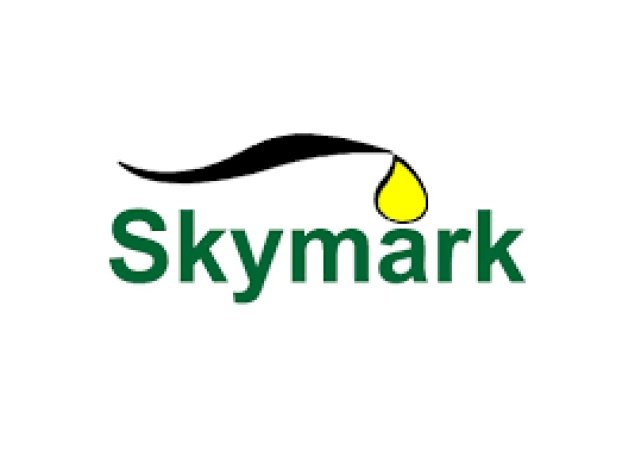
The Executive Chairman, Skymark Energy and Power Ltd., Alhaji Muhammad Saleh-Hassan, has called on the carpet, the Nigeria Labour Congress, over its recent threat of mass revolt regarding the protracted fuel and electricity scarcity across the states of the federation.
The Skymark chief disclosed this in a statement in Abuja on Friday.
Recently, the NLC, via a statement by its President, Ayuba Wabba, had reportedly warned that the current energy menace could lead to a revolt if the Federal Government failed to proffer reasonable solutions to the gruelling socio-economic crises ailing the nation.
Reacting, Saleh-Hassan called on Nigerians not to listen to such a call, stressing that a revolt was not the solution to the problem.
“The NLC is not fair to itself and Nigerians by issuing a warning to the Federal Government and talking of mass revolt. This is unfair to the government, Nigerians and themselves as well.
“How can they call for revolt in this kind of situation? Is revolt the way out? The call for revolt does not make sense at all.
“If Nigeria was not paying for subsidy, we would benefit from it since the price of crude oil has increased globally. This is because we can use proceeds from crude oil to develop infrastructure.
“But as it is now, government is servicing loans obtained to pay for subsidy,” he noted.
He urged the NLC to be leniently reasonable and view the situation globally, whilst also urging Nigerians to dispel such revolutionary move, which is counter-productive to the growth and development of the country.
He also said that the NNPC had mandated 48 fuel stations in Abuja to sell fuel for 24 hours to reduce fuel queues.
“NNPC has also collaborated with security agencies with a view to ensuring that the product is not diverted but supplied to fuel stations accordingly and dispensed to the public, especially due to black market situation.
“It has also made efforts to stabilise the fuel price. He has issued a warning to fuel stations to sell at the normal price and that anybody selling above it would be prosecuted,” Saleh-Hassan said.
“The crisis in the energy sector, particularly the fuel scarcity, is a global phenomenon,” he said, adding that Nigeria is not an exception.
“The prices of petroleum have risen globally. The scarcity is not only in Nigeria but all over the world, especially because of the ongoing Russia-Ukraine war. Though there had been fuel scarcity in Nigeria before the war, it aggravated it.
“The reason is that refined products usually come through Eastern Europe and other European countries. The slow movement of cargoes in those particular areas is the major cause of the scarcity now,” he maintained.
(NAN)




